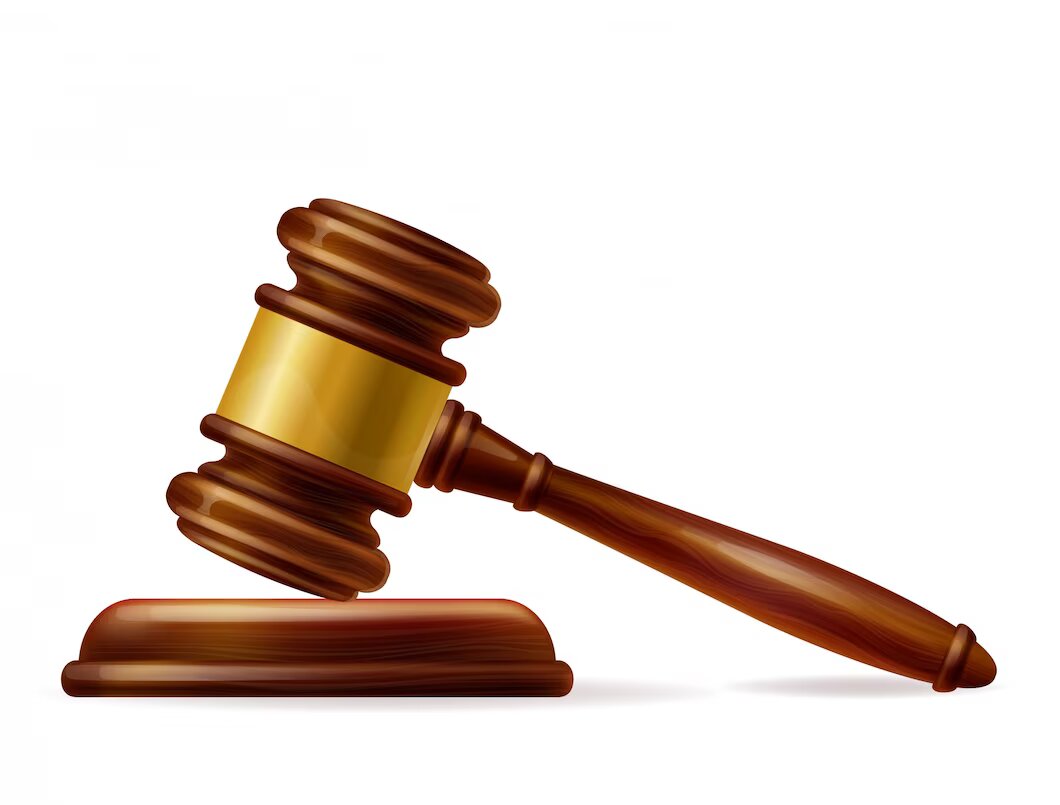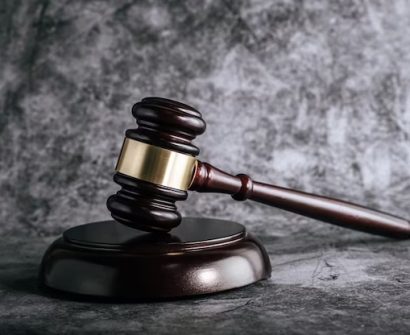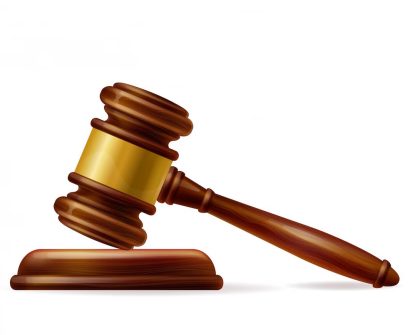
Since most nations in the globe adhere to the head of state’s appointment of judges, there is a close relationship between judges’ freedom and judicial appointment. Article 124 of the Indian Constitution, which stipulates that the appointment of the head of state will be made with the Lord Chancellor’s consultation, was essentially the British system that was followed.
Each Supreme Court judge will be appointed by the President through a warrant under his hand and seal, following consultation with any judges of the Supreme Court and State High Courts that the President may find necessary for the purpose. Judges will serve in their current capacities until they are sixty-five years old. The Chief Justice of India will always be consulted when selecting a judge other than the Chief Justice.
collegium system
- As per collegium system meaning, it is a brand-new system designed to guarantee a democratic process for the appointment and removal of judges. It was established by the rulings in the Second and Third Judges’ cases.
- The collegium system is not mentioned or defined in any legislation or constitutional provision.
- Head: Four additional senior judges of the court make up its leadership team, which is led by the CJI.
- High Court (HC) Collegium: The Chief Justice (CJ) and the other four most senior judges of the court preside over an HC collegium.
collegium system in india: Its Genesis
In S P Gupta vs Union of India, 1981 (First Judge Case), the Supreme Court ruled that consultation in the appointment process just entails a sharing of opinions and does not need for concurrence.
Supreme Court Supporters of 1993 Second Judge Case Record Association vs Union of India, the Supreme Court overturned its earlier ruling and redefined consultation to entail concurrence.
- It was determined that the President must abide by the CJI’s advice when it comes to selecting justices for the Supreme Court.
- Moreover, prior to providing such guidance, the CJI must confer with two of his most senior colleagues.
In the Third Judge Case of 1998, the Supreme Court ruled that “consultation of plurality judges” is a necessary part of the consultation procedure that the CJI must implement.
- A collegium consisting of the four seniormost Supreme Court judges should be consulted by the CJI. They ought not forward the suggestion to the administration, even in the event that two judges render a disapproving ruling.
National Judicial Appointments Commission (NJAC) 2014: It was introduced to take the place of the previous collegium method for choosing judges.
- But a five-judge Constitution Bench ruled that it was unconstitutional and void, arguing that it endangered the judiciary’s independence.
collegium system: Arguments in Favor
Judicial Appointments Secrecy: For the institution to operate correctly and effectively, it is kept secret within its four walls.
- Nonetheless, it is considered a private matter and does not have an official secretariat. The public is unaware of the schedule and procedures of collegium meetings or the decisions they make.
Independence of Judiciary: In accordance with Article 50 of the Constitution, the State shall take action to keep the judiciary and executive branches apart in the public sector. It guarantees the control of the division of powers ideology.
- It guarantees independence and gives judges the freedom to carry out their duties without fear of retaliation or outside influence.
collegium system: Arguments in Against
- Allegations of nepotism and favouritism: There is a great deal of room for nepotism and favouritism because the Collegium does not establish any standards when choosing candidates for the Supreme Court judge seat. It could result in selecting the incorrect candidate while ignoring the ideal one.
- Abuse of Power: Three organs, functioning semi-independently, prevent any one organ from becoming overly powerful by acting as a check and balance. The Judiciary is granted enormous power by the Collegium to nominate judges, and abuse of authority may occur.
- Lack of Transparency: The collegium system of appointment of judges causes the court system to be opaque, which is extremely detrimental to the nation’s ability to regulate law and order.
supreme court collegium system
- The Chief Justice of India is one of the five senior judges that make up the Supreme Court’s collegium system in india. They will take into account the promotion of judges and chief justices to the Supreme Court, as well as the promotion of judges and judges of high courts to the position of chief justice.
- When there is a disagreement, the majority opinion will take precedence.
- The collegium approach emerged because the Indian Constitution requires consultation with the Chief Justice of India before any appointment to the judiciary.
There cannot be a deadline for the ongoing, cooperative process of the executive and judicial branches filling vacancies. But now is the moment to consider creating a long-term, impartial organization to institutionalize the procedure and provide sufficient protections to maintain the judiciary’s independence, which ensures judicial precedence but not judicial exclusivity. It should guarantee independence, represent diversity, and exhibit integrity and professional skill.
Rather than choosing the necessary number of judges from within a predetermined pool of openings, the collegium must present the President with a list of potential appointees ranked by preference and other appropriate standards.
Collegium System FAQs
- What is the drawback of collegium system?
Because there are no formal minutes of collegium activities, the public is unaware of the schedule, method, and decision-making processes of a collegium. Allegations of nepotism and favouritism are pervasive, since judges in the collegium are alleged to have recommended their close relatives.
- What is critical about collegium system?
The Collegium System’s lack of accountability and transparency drew harsh condemnation from civil society as well as the government.
- What is the difference between Njac and collegium system?
The collegium system differs from NJAC in that the former believes in keeping the executive out of the court nomination process, while the latter does. The Chief Justice of India, two seasoned judges, and two union ministers of law and justice make up the NJAC’s membership.
- What is the purpose of collegium?
The decision of elevation is made by the Collegium. The CJI and the two seniormost justices make up the Collegium that recommends candidates for the High Court. However, the plan is the brainchild of the departing Chief Justice of the relevant High Court, who has conferred with two of his most senior colleagues.
- What are the advantages of collegium system?
For the institution to work properly and effectively, it must be kept secret inside its four walls, which further obfuscates the system. The collegium system separates politics and the judiciary.
- Which Online rjs coaching is best for RJS preparation?
The reputable Jaipur Online rjs coaching program “Jyoti Judiciary Coaching” aids students in getting ready for the RJS exam. A systematic approach to RJS test preparation is made possible by Jyoti Judiciary, the top offline and online RJS coaching program in Jaipur. Their curriculum has been carefully designed to cover all the subjects and courses required for passing the Rajasthan Judicial Service Examinations.
- Which coaching is best for judiciary?
The most effective judiciary coaching in Jaipur is provided by Jyoti Judiciary Coaching. The objective is to create a comfortable learning environment for the students. It makes the difficult task seem easy, which increases the likelihood of achieving the desired outcome. The objective at Jyoti Judiciary is to give students the best possible education possible. The Institute pledges to use every resource at its disposal to provide you with the finest preparation for the Judicial Services entrance examinations.
With the goal of giving students the best coaching available for law entrance exams including the CLAT, AILET, and various other numerous state judiciary exams, Jyoti Judiciary Coaching, India’s Finest educational Platform, was established. Come enrol now with Jyoti Judiciary!
For any latest news, legal topics, judiciary exams notifications, patterns, etc watch Jyoti Judiciary’s YouTube channel for legal videos for any updates at https://youtube.com/@jyotijudiciarycoaching4852?si=2cwubh9d2A9urwJf










